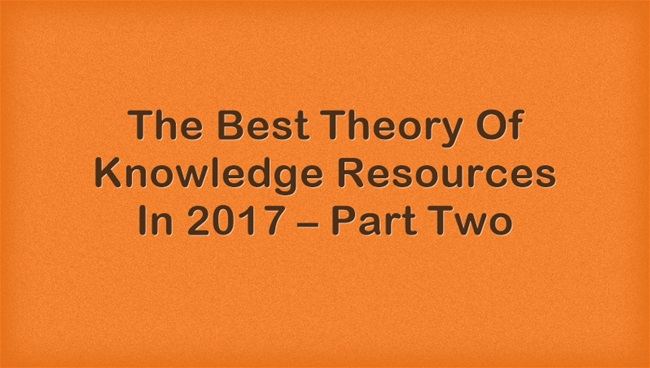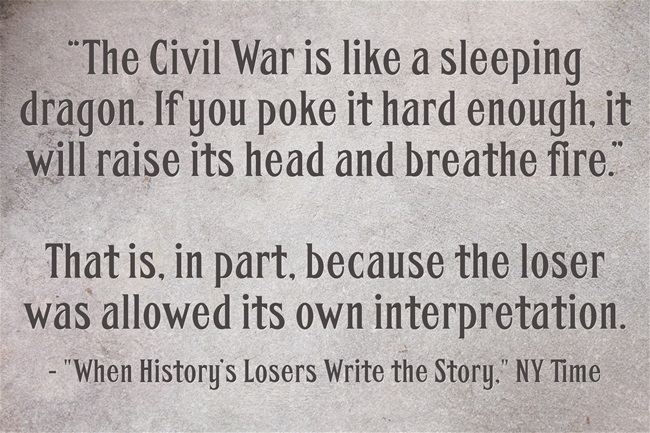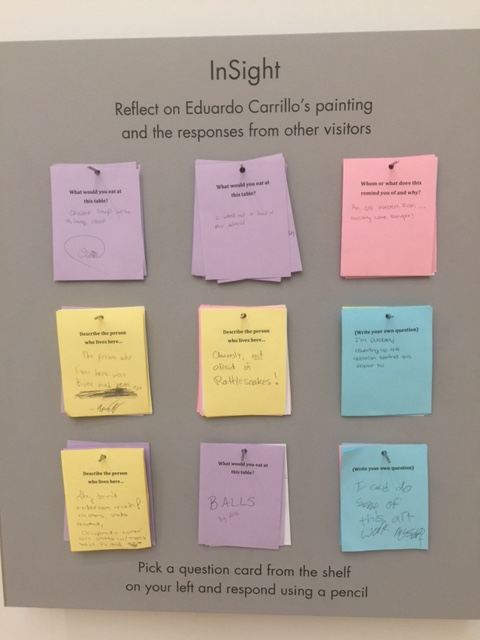I’ve created a public Twitter list of IB Theory of Knowledge teachers. Send a tweet to me letting me know you’re an IB teacher, or leave a comment on this post, and I’ll add you to the list!
It’s time for another “Best” list to add to All 2017 “Best” Lists In One Place.
I’ll also be adding this post to All Of My Theory Of Knowledge “Best” Lists In One Place!
Here are my previous TOK-related “Best” lists:
The Best Theory Of Knowledge Resources — 2010
The Best Theory Of Knowledge Resources In 2011 — So Far
The Best Theory Of Knowledge Resources In 2011
The Best Theory Of Knowledge Resources In 2012 — So Far
The Best Theory Of Knowledge Resources In 2012 — Part Two
The Best Theory Of Knowledge Resources In 2013 – So Far
The Best Commentaries On The New IB Theory Of Knowledge Teaching Guide
The Best Theory Of Knowledge Resources In 2013 – Part Two
The Best Movies For IB Theory Of Knowledge Classes – What Are Your Suggestions?
The Best Posts On IB Theory Of Knowledge Oral Presentations
The Best Theory Of Knowledge Resources In 2014 – So Far
The Best Theory Of Knowledge Resources In 2014 – Part Two
The Best Posts On Teaching TOK “Knowledge Questions”
The Best Theory Of Knowledge Resources In 2015 – So Far
The Best Theory Of Knowledge Resources In 2015 – Part Two
The Best Theory Of Knowledge Resources In 2016 – So Far
The Best Theory Of Knowledge Resources In 2016 – Part Two
The Best Theory Of Knowledge Resources In 2017 – So Far
Here are my picks from the past six months:
Example Of Our Final “Ways Of Knowing Project”
The television series “The Good Place” recently featured an episode titled “The Trolley Problem.”
Yes, it was about that Trolley Problem.
Here’s a clip from the beginning of the show, followed by the entire episode. I’m adding it to The Best Videos About The Famous “Trolley Problem”.
I’ll be showing parts of it to my TOK class when we learn about ethics after the first of the year.
Project Implicit, a series of quizzes, is from Harvard, and may the most well-known online resource for discovering hidden bias. I have my IB Theory of Knowledge students use the site when we are studying Perception.
YourMorals.org seems to be a similar site (it appears to be from MIT), though focused entirely on moral issues. You can see a sample of their “tests” in the screenshot at the top of this post. I think they would be useful in TOK when we are studying ethics, and would go along with other “tests” I have students take (see What Are Your Moral Principles?).
I learned about the site through Flowing Data, which posted about a feature connected to “Your Morals” called Collective Debate.
Here’s how Flowing Data describes that activity:
[it] gauges your moral compass with a survey and then tries to “debate” with you about gender bias using counterpoints from the opposite side of the spectrum. The goal isn’t to be right. Instead, it’s to try to understand the other side. At the end, you see how you compare to others.
A Very Beginning List Of “Best” Videos Using Emotion To Manipulate – Please Suggest More
In my IB Theory of Knowledge classes, we study how language can help – and hinder – our search for knowledge.
Here are a few examples students came up with this year when we were exploring the role of punctuation, using “Let’s eat Grandma” as an example (you can see what students came up with last year at The Best Theory Of Knowledge Resources In 2016 – Part Two):
This new animated video would be good for IB Theory of Knowledge classes, as well as others.
It echos the famous Richard Feynman quote about ““The Difference Between Knowing The Name Of Something & Knowing Something.” I’ve embedded that video at the bottom of this post.
Scientific American published the perfect article for TOK students. It’s headlined Why Do Smart People Do Foolish Things?
It’s chock full of links to research about the importance of developing critical thinking skills, and highlights the concepts that we happen to teach in TOK.
I’m going to have my students read it and respond to this prompt:
What does the author say about the importance of critical thinking? Do you agree with her? To support your opinion you may use examples from your own experiences, your observations of others, and anything you have read. Please try especially to include anything you have learned in our Theory of Knowledge class so far this year.
I’m adding it to The Best Resources On Teaching & Learning Critical Thinking In The Classroom.
You might also be interested in My Teaching English – British Council post on integrating critical thinking skills into English Language Learner instruction.
I’ve been looking forward to tackling the controversy about Confederate monuments in this year’s Theory of Knowledge classes, and have been accumulating resources (see The Best Resources For Teaching About Confederate Monuments).
In TOK, we talk about how winners end up writing histories.
The New York Times has just published an interesting “take” on the issue that has this headline: When History’s Losers Write the Story. I hadn’t thought about the issue in the way as the author has framed it:
Great Lesson Idea – What Would You Put On Voyager’s “Golden Record”?
These next three tweets will be great when study History in Theory of Knowledge! The first one is an excellent image, the second shares the link to it so you can download and print, and the third is a similar version from another teacher:
Tentatively pinned up… What do the best historians do? Feedback and ideas welcome! All on one PPT if you want an e-copy to pick apart pic.twitter.com/JPvUqzbAHb
— Hugh Richards (@MisterHistry) June 27, 2017
— Hugh Richards (@MisterHistry) June 28, 2017
Yours looks great. Here’s mine. pic.twitter.com/1iGDgplyhH
— D Kneller (@Kneller88) June 27, 2017
My wife and I took our granddaughter to visit the Crocker Art Museum in Sacramento.
While there, I spotted a neat way to interact with art. Now, I’m not an art museum aficionado, but I’ve been to quite a few over the years, and I had never seen this particular strategy.
Next to a painting was a counter fill with small pieces of paper (a different question was on each paper) and pencils. Viewers could respond to one of the questions (one of the sheets invited viewers to create and answer their own) and place their completed sheet on a board with others.
I thought it would be a neat strategy to use with student art shows at schools (recognizing there might be a few less-than-helpful responses in the bunch). I’m thinking of using it with the art project I do with my IB Theory of Knowledge students and have them create questions about their piece of art (see Play-Doh & IB Theory Of Knowledge: Student Hand-Out & Videos).
Is this a common strategy in museums and I’m just living under a rock?
Here’s what it looked like – the painting, the counter, and the completed sheets:
We Transfer is a super-easy tool for sending large files to someone. My Theory of Knowledge students love it – when they have to create videos for an assignment, they can use the website or smartphone apps to easily send them to me. They find it easier to use than uploading a video to Google Drive.








Recent Comments